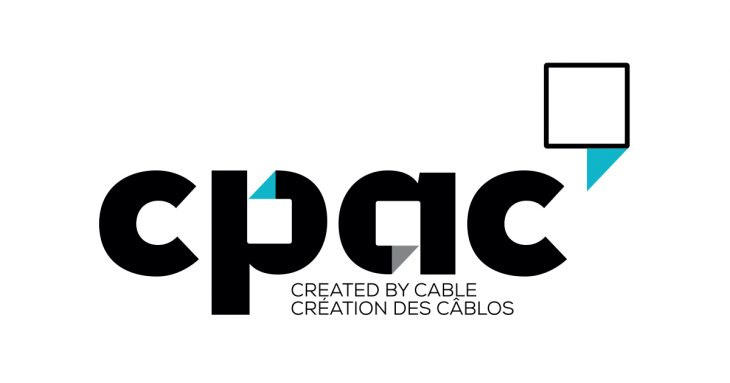
OTTAWA – With the federal election less than a year away, the Cable Public Affairs Channel (CPAC) is broadening its gavel-to-gavel coverage of Parliament to prep voters before they cast their ballots next October with a new initiative called the Democracy Project.
Launched on Monday evening at Ottawa’s historic Chateau Laurier, the project involves what CPAC has billed as an “unprecedented collaboration” with a myriad of partners that includes Google and YouTube, Library and Archives Canada, the Royal Canadian Geographic Society, CIVIX, Public Policy Forum, The Samara Centre for Democracy, Abacus Data and such media outlets as The Tyee and The Walrus. CPAC will live-stream Democracy Project events; create a broadcast slot solely for material made for the project; and set up an online page that will serve as a one-stop destination for “sharp and focused content relevant to the upcoming election,” according to a backgrounder.
“We want to make sure that Canadians are as best-informed as possible before election day,” said Catherine Cano, CPAC’s president and general manager, in an interview. “CPAC’s mission is to help Canadians better understand their democracy – and instead of developing cynicism, to participate and be engaged in the process, and vote.”
The bilingual network, established 26 years ago by a consortium of cable companies, will broadcast live town halls to be held across the country starting in January. As part of the Democracy Project, CPAC plans to produce a video series focusing on election-related issues, such as first-time voters.
Ideas on issues and civic engagement will be discussed through in-depth interviews with “original thinkers,” and democracy will be examined through the lens of Canada’s political past and linked to the issues facing Canadians today.
A former executive news director for Radio-Canada, Cano believes the Democracy Project is a shining example of CPAC’s mandate to deliver “balanced and unbiased content,” particularly at a time when truth in politics is under siege.
“There is so much fake news and misinformation out there, so we want to be the place of record where Canadians can hear different views provided to them in a non-partisan way.” – Catherine Cano, CPAC
“There is so much fake news and misinformation out there, so we want to be the place of record where Canadians can hear different views provided to them in a non-partisan way. At a time when democracy is very important, we want our viewers to be well-informed and understand the issues,” she explained.
“It is now, more than ever, necessary to do what we do. People want to see raw footage and don’t need someone to comment over it. But they also want context and some explanation, and we will have more in-depth analysis of the issues.”
For political junkies, CPAC’s complete coverage of Senate and House of Commons committee meetings, Supreme Court of Canada sittings, and political party and policy conventions has long been must-watch television. All of that is archived and serves as “a great repository of Canada’s history,” noted Cano.
Complementing the live coverage is CPAC’s team of on-air hosts, led by executive producer Peter Van Dusen, who through interviews and expert panels help explain how court and political decisions and developments impact Canadians’ lives.
“But we are not a breaking-news channel and we don’t cover everything,” Cano emphasized. “We cover politics and policy. We are very niche.”


